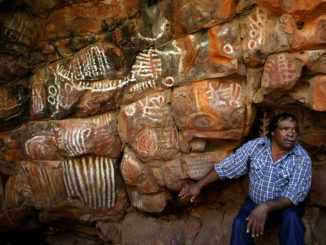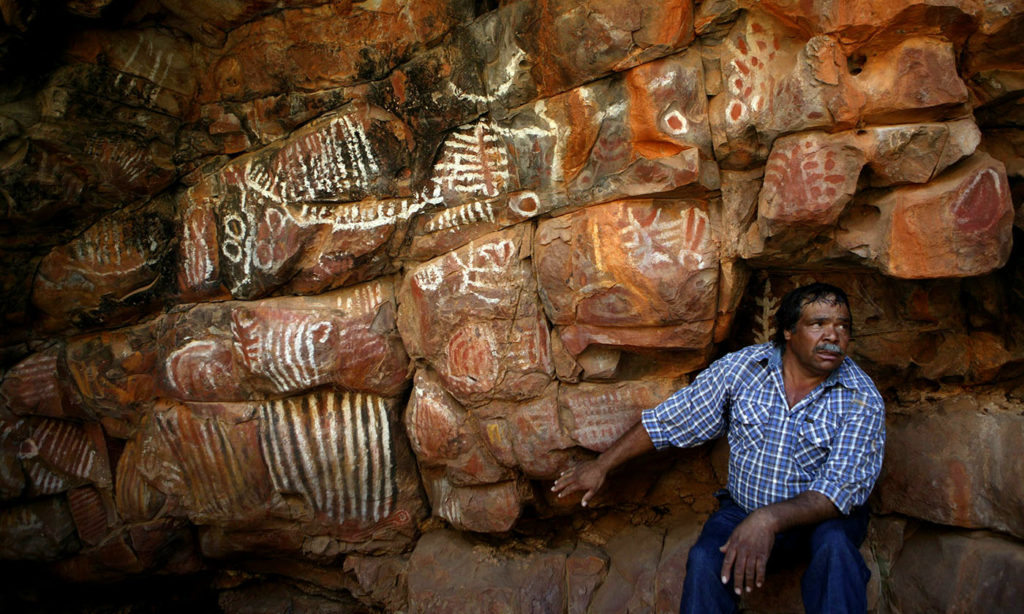
How New York City Won Divestment From Fossil Fuels
Source: Common Dreams
The divestment campaign provides an excellent example of how dedicated organizing, clear demands and strategies, creative tactics, strong coalitions, and good luck can come together for a win
After five years of tireless organizing, the movement to divest NYC public worker pension funds from fossil fuels scored a win. On Jan. 10, Mayor Bill de Blasio announced that New York City will divest the $5 billion of its pension funds presently invested in fossil fuel stocks. It will also sue the top five fossil fuel corporations—ExxonMobil, Shell, BP, Chevron, and ConocoPhillips—charging that because they hid the evidence that burning fossil fuels causes climate change, they are responsible for the billions of dollars the city has spent on climate remediation.





